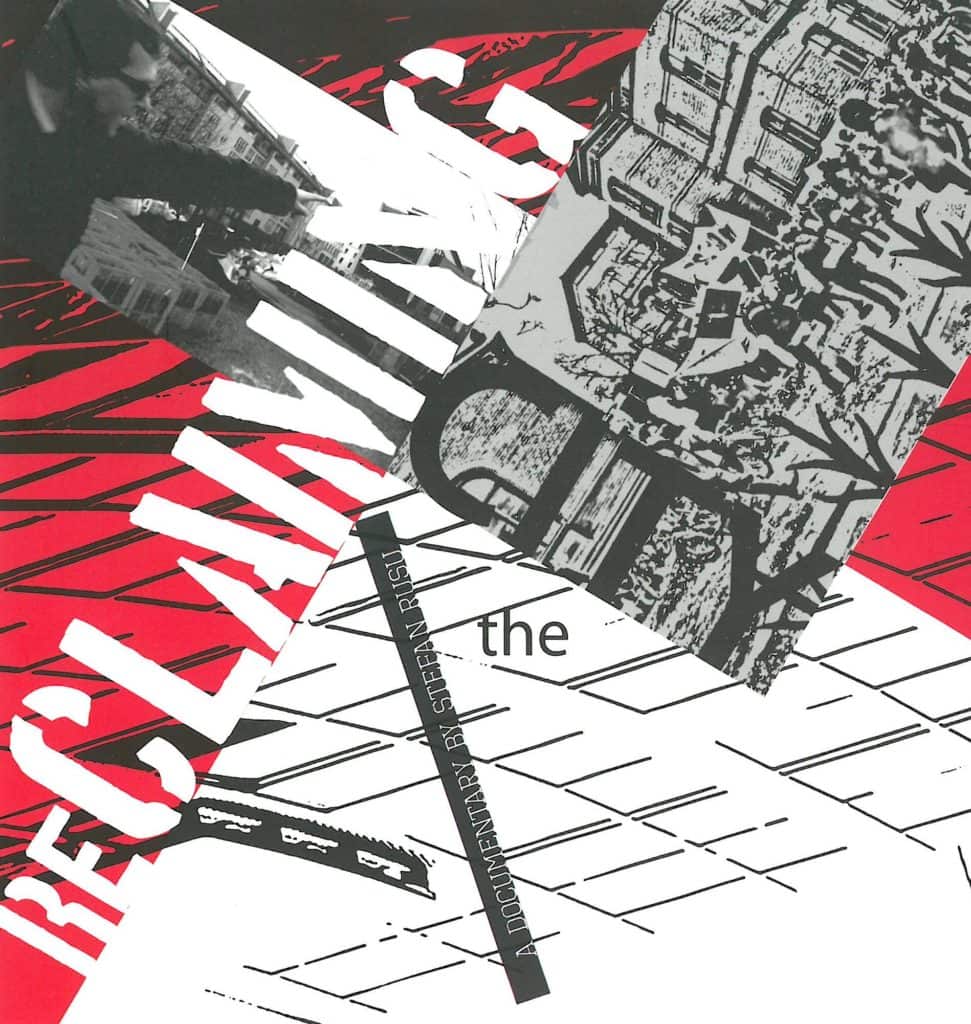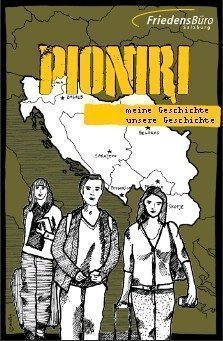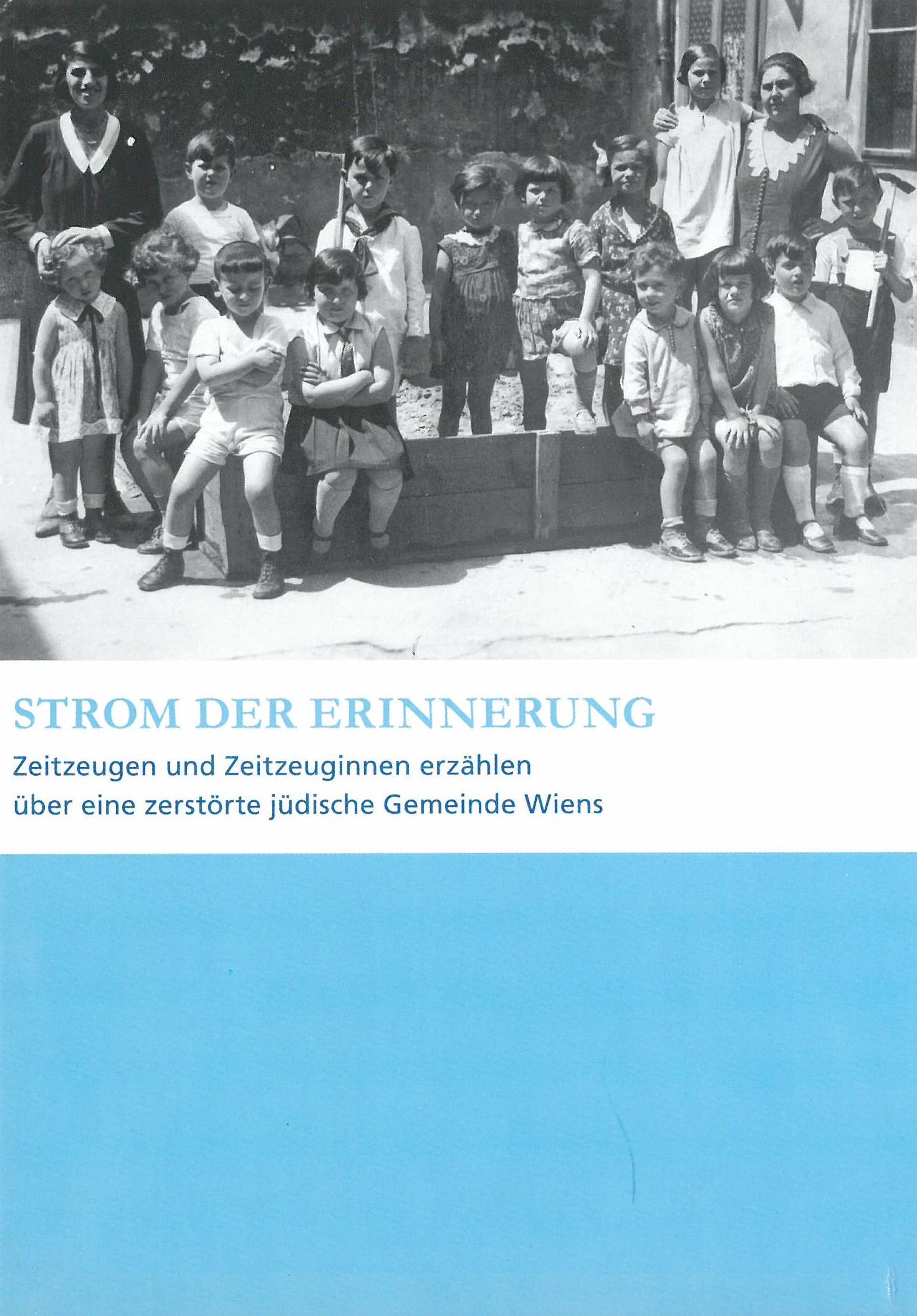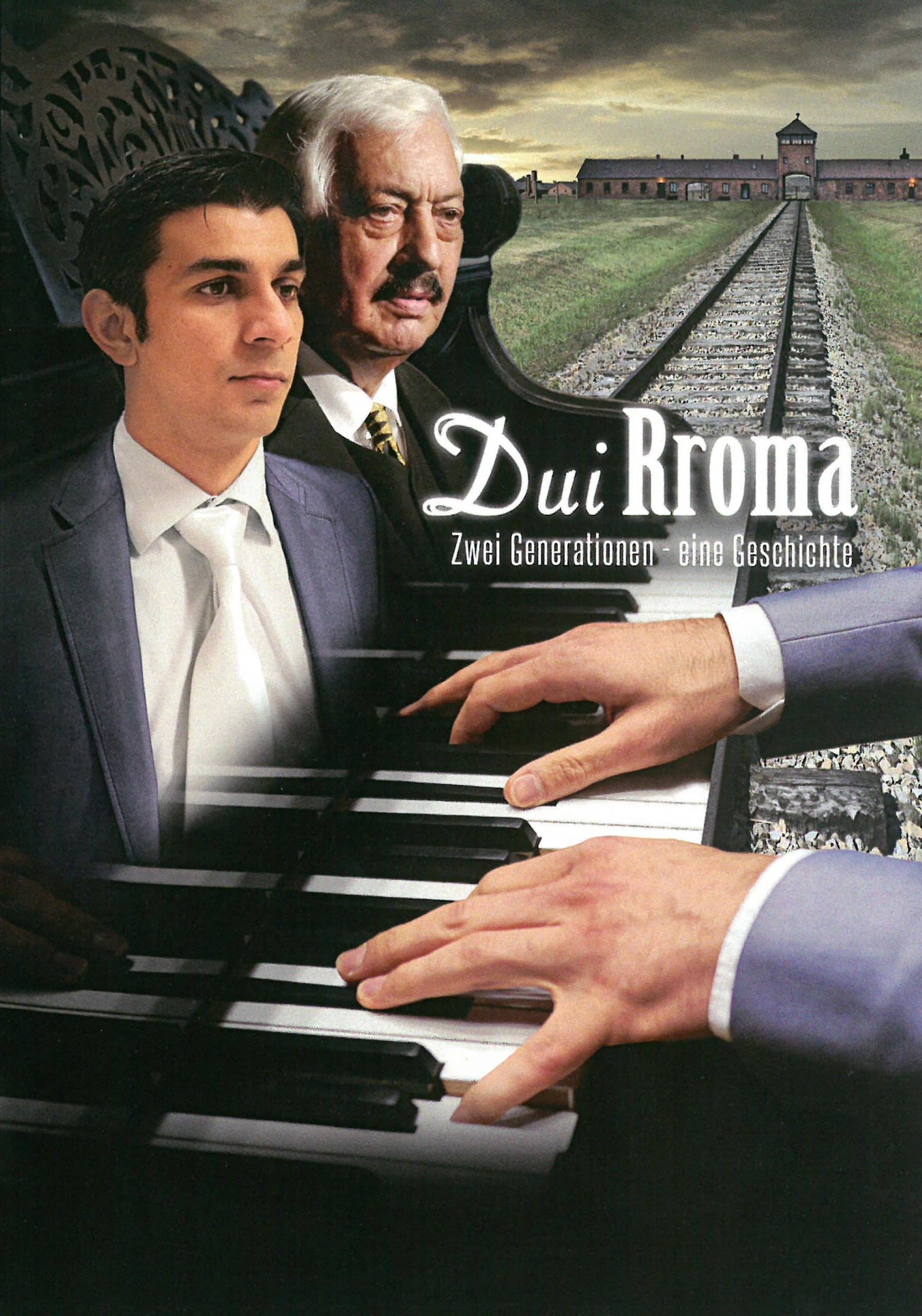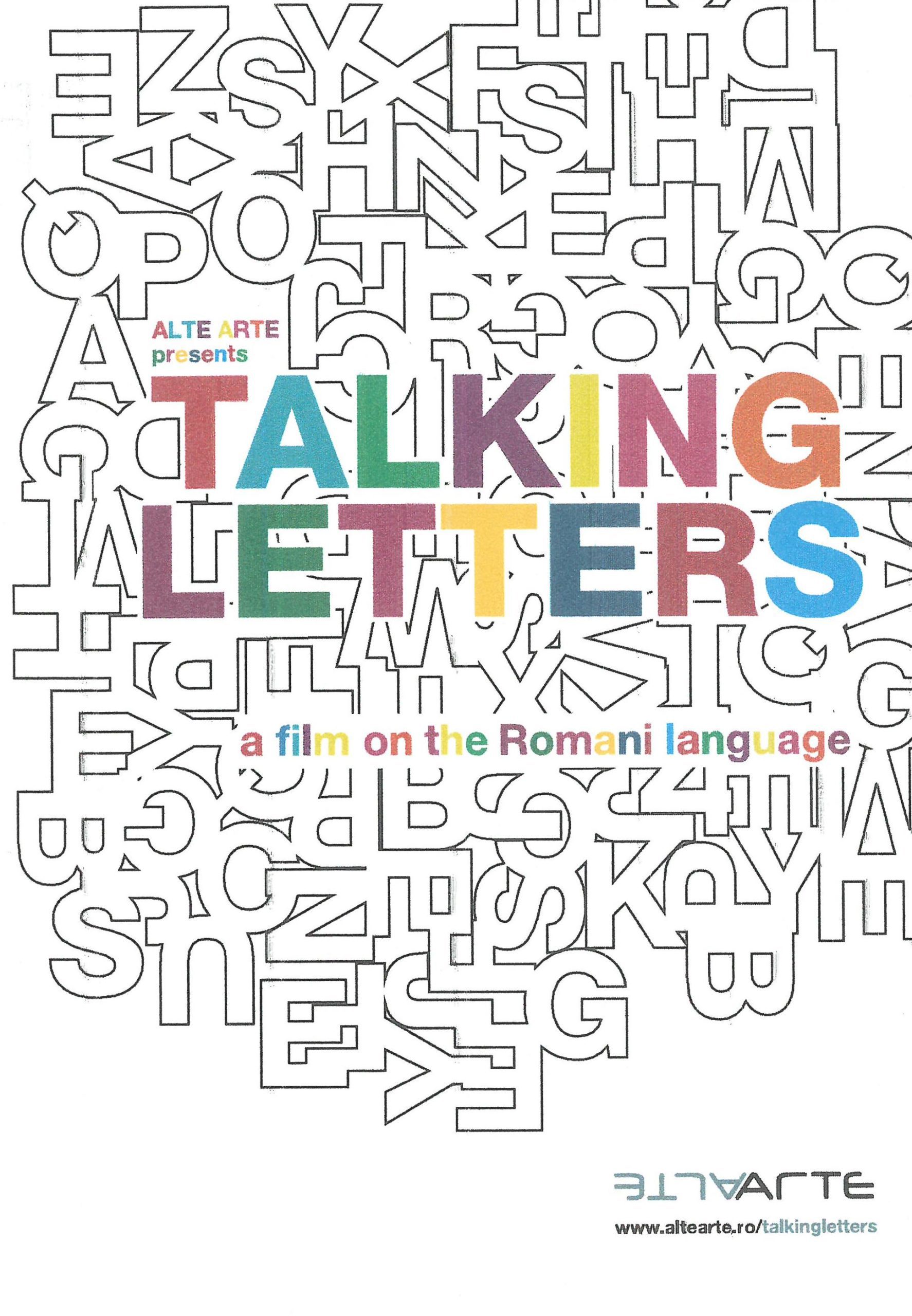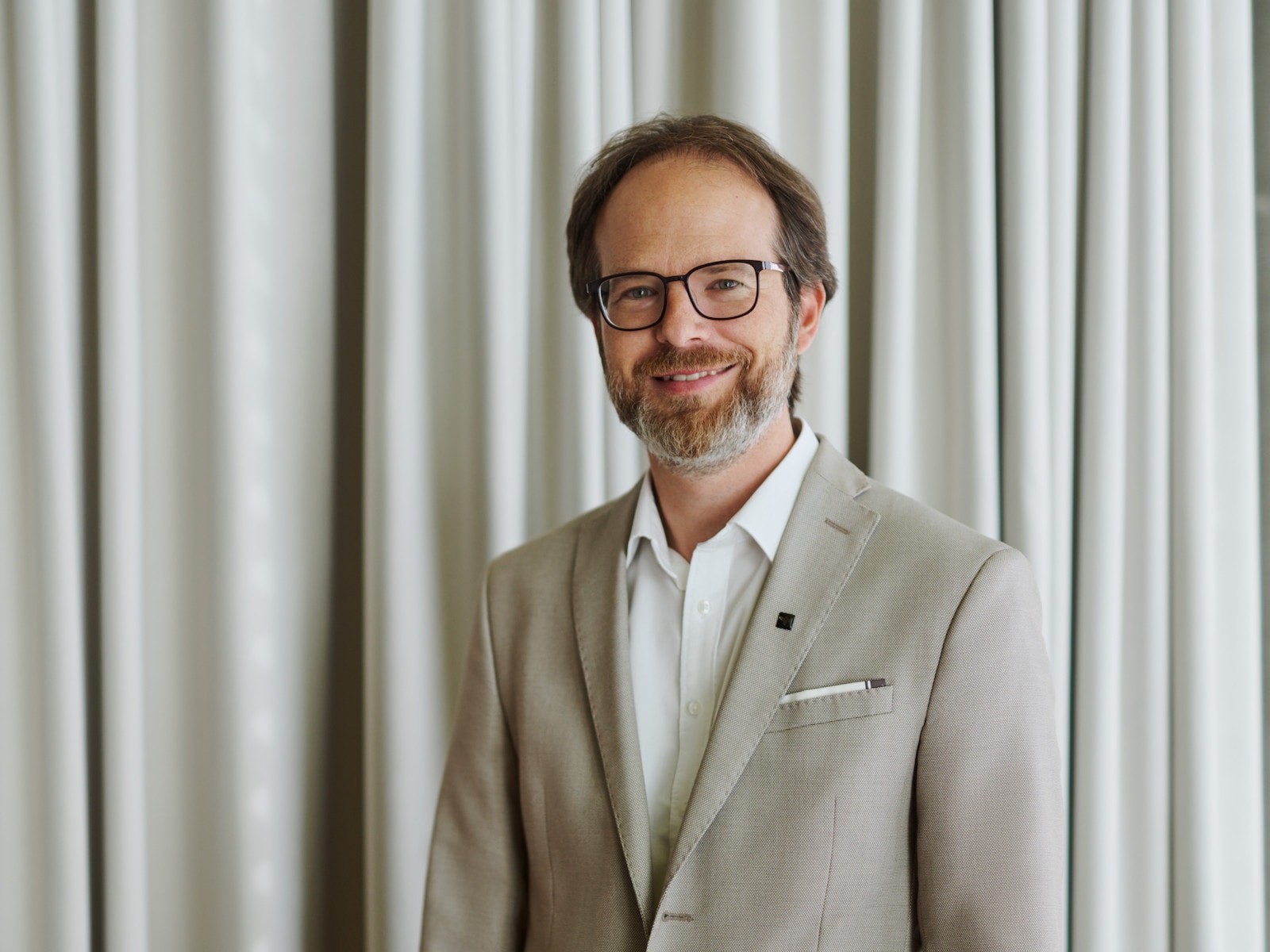Through a complex interweaving of field trips and interviews, archival and found footage, personal narratives, interventions in public spaces, images, and other sources, the film reveals a number of sites of the New Berlin that uniquely exemplify the contradictions and tensions of social memory and national identity in the late twentieth and early twenty-first centuries.
Conceived as an investigative documentary that examines urban changes critically, the film is a quest through dramatic socio-economic restructuring processes and the physical transformation of Berlin following the fall of the Wall. At the same time, it involves sociologists, architects, urban activists, curators and visual artists, who analyze the impact of gentrification processes on public space and question the role of the artist community in shaping the city. With the help of local experts, the film looks into the Kreuzberg, Neukölln, and Prenzlauer Berg districts, among others – areas that are trapped in a continuing cycle of gentrification.
Stefan Rusu is a visual artist, curator, editor, and filmmaker based in Chisinau and Bucharest. His artistic/curatorial agenda is geared towards the processes of transformation and changes in post-socialist societies after 1989.
Commissioned by the 7th Berlin Biennale, and co-produced by KW Institute for Contemporary Art, Berlin and KSAK Center for Contemporary Art, Chisinau. Supported by Goethe Institute, Bucharest; ERSTE Foundation, Vienna; and the Romanian Cultural Institute, Berlin.
This publication is available at ERSTE Foundation Library.

